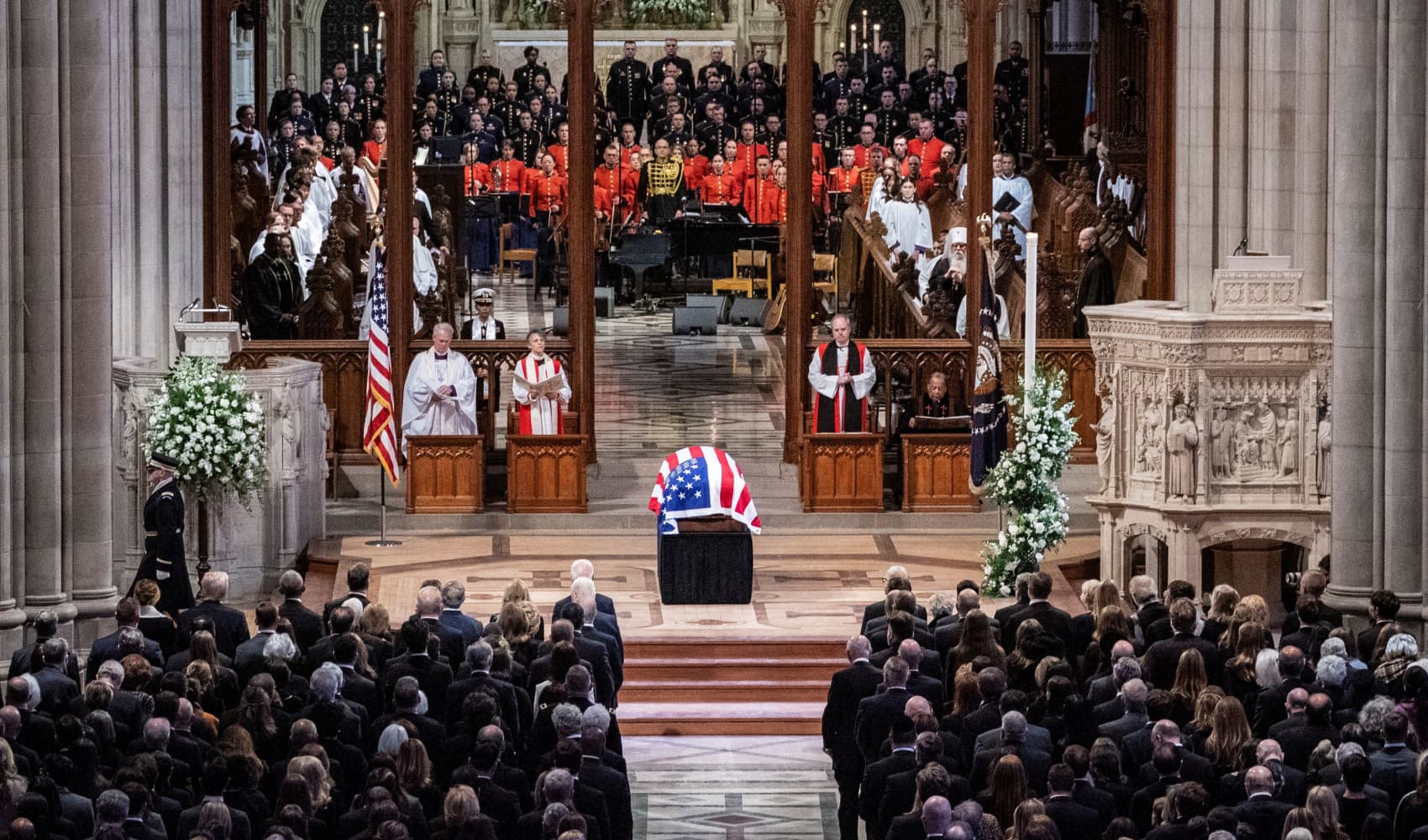
- Major insurance stocks have fallen more than 6% since their closing prices last Tuesday, the day before the deadly shooting of Brian Thompson, CEO of UnitedHealth Group's insurance arm.
- That includes UnitedHealth Group, CVS Health and Cigna, which operate three of the nation's largest private health insurers.
- That stock performance appears to be in response to renewed negative rhetoric around insurers and how they manage their businesses, said Jared Holz, Mizuho's health-care equity strategist.
Major insurance stocks have fallen more than 6% since their closing prices last Tuesday, the day before the deadly shooting of Brian Thompson, CEO of UnitedHealth Group's insurance arm, in midtown Manhattan.
That includes UnitedHealth, CVS Health and Cigna, which operate three of the nation's largest private health insurers. Thompson, 50, led UnitedHealthcare, the largest private payer of health insurance benefits in the U.S.
Luigi Mangione, 26, is accused of fatally shooting Thompson outside the Hilton hotel in midtown Manhattan early Wednesday last week, as the CEO headed to UnitedHealth Group's investor day. Investigators have said Mangione was a critic of the health-care industry, a view some Americans sympathized with online in the days after Thompson's death.
Get top local stories in Philly delivered to you every morning. Sign up for NBC Philadelphia's News Headlines newsletter.
The stock performance of the companies appears to be in response to the "renewed rhetoric" condemning insurers' business models, where they "wind up incredibly profitable at the expense of some patients at different points of the year," Jared Holz, Mizuho's health-care equity strategist, said in an interview.
He noted that it is not a new theme in the industry, which many Americans blame for their spiraling health-care costs.
"I think the response investors have had is, 'do we want to own this category of stocks if there's going to be this now renewed negative focus on the industry?'" Holz said.
Money Report
UnitedHealthcare, similar to other big insurers, has faced lawsuits and criticism from regulators, lawmakers and patients alike over allegedly denying claims to maximize their profits. Americans have criticized insurance companies over denied coverage for services or treatments, unexpected bills, hefty out-of-pocket costs and the dizzying complexity of navigating coverage, among other issues.
While backlash to the industry has mounted since the shooting, Holz said the negative stock reaction will likely wind up being "fairly short-lived." He added that he does not expect insurance companies to make material changes to their policies in response to the killing.
"Do I think companies do anything proactively different on the back of this? No," Holz said.

New York prosecutors charged Mangione with second-degree murder, criminal possession of a loaded gun and other crimes Monday night, hours after his arrest in Altoona, Pennsylvania. The New York charges followed Mangione's first court appearance in Pennsylvania on separate gun and forgery counts.
Mangione, a private-school valedictorian and Ivy League graduate who belongs to an influential Maryland family, was held without bail after his arraignment Monday evening.
In a court hearing Tuesday afternoon, Mangione refused to waive his right to challenge his extradition to New York City. A judge denied Mangione's bail, sending him back to a Pennsylvania prison for the time being.
At the time of his arrest, Mangione was carrying handwritten pages that criticized the U.S. health-care industry and singled out UnitedHealthcare, law enforcement officials told NBC News.
"I do apologize for any strife or traumas but it had to be done. Frankly, these parasites simply had it coming," Mangione wrote, NBC reported.
Authorities are still investigating the motive for the shooting, which will "come out as this investigation continues to unfold over the next weeks and months," New York City Police Commissioner Jessica Tisch told NBC's "TODAY" show on Tuesday. But she noted that Mangione's note had "anti-corporatist sentiment, a lot of issues with the health care industry."






